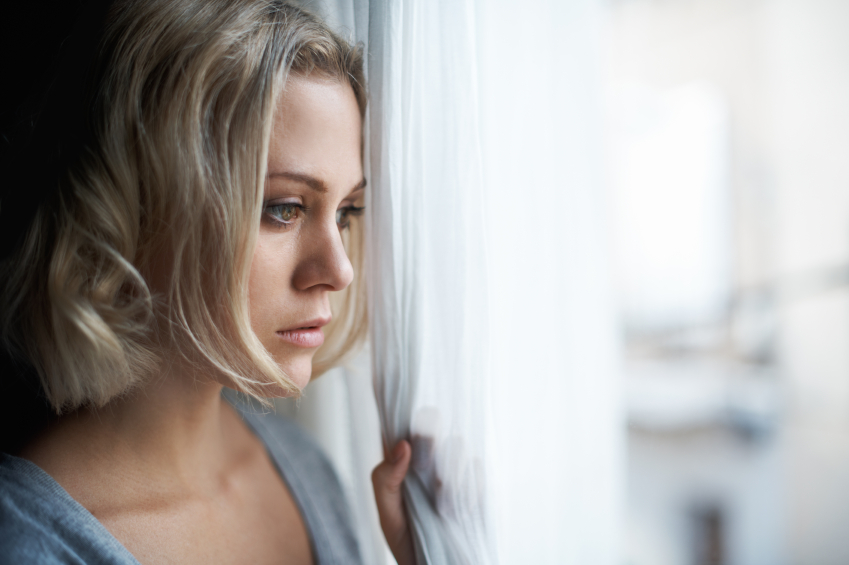Why Am I Depressed?
 Approximately 12 million women in the United States experience clinical depression each year.
Approximately 12 million women in the United States experience clinical depression each year.
Depression occurs most frequently in women aged 25 to 44.
Women experience depression at roughly twice the rate of men.
Do you not feel like yourself anymore, but you can’t figure out why? Do you cry for no reason? Or maybe you constantly ask yourself “why am I depressed?”, because you know that you have every reason in the world to be happy. Everything in your life is good. You are married to a wonderful man and have three precious children. You have a beautiful home, a successful career, a loving family and great friends. So why aren’t you happy?
Antidepressants aren’t the answer!
One of the most common solution given to women in this situation is a prescription for an antidepressant. While this may seem harmless, antidepressants aren’t to be taken lightly. They are addicting drugs with many negative side effects, including suicidal and homicidal behavior. Before you let your doctor talk you into taking one, please do yourself a favor and get evaluated for hormone imbalance first.
“You aren’t depressed because you have low levels of Prozac in your blood.”
-Dr. Steven Hotze
The root cause of depression does not lie in antidepressants. Treating depression lies in treating the underlying cause, which is often a decline in your hormones.
Common Cause of Depression in Women
When women act sad or moody, sometimes people will joke that “oh, it’s your hormones!” and many times they aren’t wrong. Hormonal decline is a common cause of depressed moods. Your brain is very sensitive to hormone depletion, so if you don’t have enough thyroid or progesterone, for instance, and your hormones are out of balance, you’re going to experience symptoms of depression.
Progesterone stimulates the brain’s GABA receptors, the feel-good, calming neurotransmitters, so you can see why you may become sad when you are deficient in progesterone.
Depression is a Symptom of Hypothyroidism
Thyroid hormone governs our body’s metabolism and energy production. Without adequate levels of thyroid hormone and its proper utilization, symptoms such as depression, anxiety, mood swings, brain fog and poor concentration become increasingly prevalent. Research shows a significant association of hypothyroidism with psychiatric disorders, an increased frequency of depression and anxiety symptoms.(1) Patients with thyroid disorders are more prone to develop depressive symptoms. Both excess and insufficient thyroid hormones can cause mood abnormalities, including depression, that is generally reversible with adequate thyroid treatment. Furthermore, thyroid hormones are reported by many to be an effective treatment for depression. (2)
Watch as Dr. Hotze explains how Rose overcame her depression naturally:
Related Content
Tanya’s Story: Overcoming Depression After Childbirth
6 Ways Hormones Affect Your Mental Health
One More Reaston to Avoid Antidepressants
 Research
Research
1. Subclinical Hypothyroidism: Psychiatric Disorders and Symptoms
2. The Link between Thyroid Function and Depression
